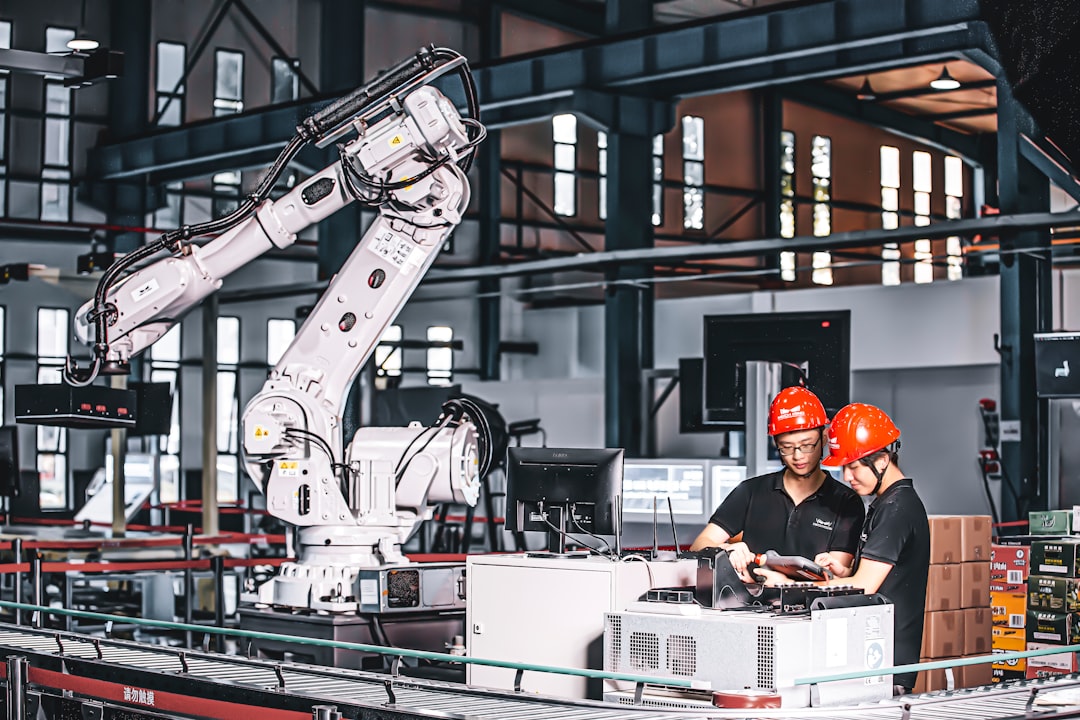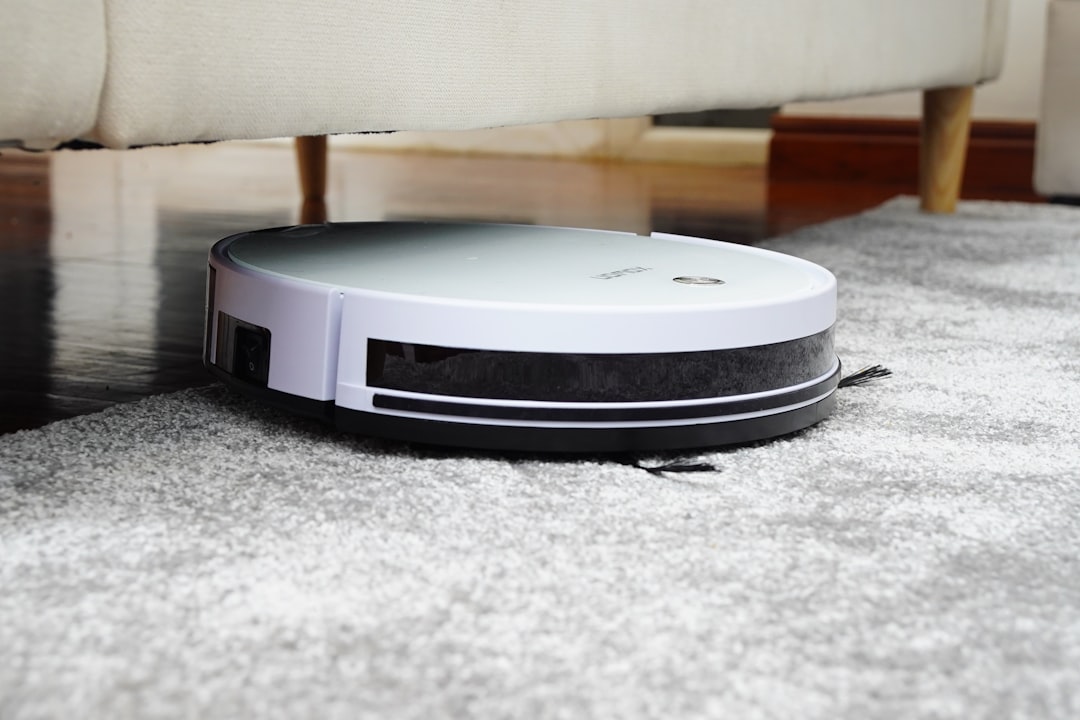Numlock Sunday: Derek Thompson on Working
By Walt Hickey
Welcome to the Numlock Sunday edition.
This week, I spoke to Derek Thompson, a writer at The Atlantic whose work has been compiled into a new compendium called On Working as part of the magazine’s ongoing series of essay collections.
Longtime subscribers might recall Derek from an interview a few years back about his then-podcast Crazy/Genius, and his work has been a staple online recently as a changed world grapples with what precisely the point of work is.
We spoke about why he’s been obsessed with talking about work, how recent technological advancements he thinks we may be on the cusp of something transformative, and why time-saving technology often doesn’t save any time.
The book can be found wherever books are sold, and Thompson can be found at The Atlantic, at his podcast Plain English, and on Twitter.
This interview has been condensed and edited.
Derek, thank you so much for coming back on.
Wonderful to be here. Thank you.
You have written a really excellent compilation. It's one of the new books compiled by The Atlantic that collates all your work on work. It's called On Work: Money, Meaning, Identity. I guess just to back out, what really started driving you toward this topic?
I suppose a certain amount of navel-gazing was relevant to my interest in work. I spent a lot of time working. I was interested, what am I doing? Why am I doing it? Why do I spend all this time and all this energy and this psychological angst on what it is that I'm doing?
There was a little bit of journalism as memoir. It's also the case that people spend an enormous amount of their lives in their careers. I think in many ways career has become more important to a certain segment of Americans. This is happening during a period where our work is changing a lot, what it means to us, what we're doing and the technologies that might come down the pike that could change what we're doing.
So whether it was about my interest in myself, my interest in economic history or my interest in sort of the psychology of how we live, I felt like all of those tributaries flowed into the delta of working.
It's a collection of six of your essays that have been published in The Atlantic. I like the structure of this because one thing I thought that was really cool about this is that there's been a lot of conversation about work and the value of it and the manner of it and all that lately, but I was impressed that four of these are actually from before the pandemic.
I've been writing about work for a while and a lot of things that I've been writing about are as true now as they've been, not just for five or six years, but for hundreds of years. I'm very interested, for example, in the fact that many of the ways that we think about time comes from capitalism and the way capitalism affected our work.
We think about weeks and weekends. Well, the week had to be invented by manufacturing managers to organize the labor of their workers. The concept of a career is a neologism dating back to the 19th century when people started moving up in companies that had this new position called middle managers.
When we think about vacations, we are thinking about a break from our work made possible because we simply want to stop working. For most of the history of work, which was subsistence farming, what does a vacation mean? You were farming as long as you can farm. Of course there are a few things like happy hour, which very obviously has to do with time spent after work.
I, from an early period of my career, was interested in the way that even how we talk about structuring our time is about the relationship between us, our jobs, to a broader capitalist structure. So in that sense, I think there are aspects of these chapters that are evergreen and then other chapters that are more specifically about this moment of remote work and artificial intelligence.
You've been on a big AI bent lately.
Yeah. I think AI is absolutely fascinating. I think it's larval and interesting in the way that anything larval is interesting. We don't know what we're looking at, I think, when we look at something like ChatGPT.
Some people say this is just Google Search, except it's synthesizing responses rather than giving you a waterfall of links. To a certain extent, yes, that's true. Some people are saying it's a copilot for the mind. It's a little bit like a smart research assistant intern, except it's a thousand of them working at hyper speed. Well, yes, it's like that, too. You can see by the fact that we're struggling to come up with the right analogy that we don't really know what the capabilities of these machines are yet. I always find that moment of any piece of technology history to be really interesting.
In one piece I recently wrote, I look back at a technological revolution like, say, the steam engine, and imagine, well, what if people looking at the steam engine said, “Well, this is merely an efficient way of getting water out of coal mines.” Yes, that's true. But it was also the beginning of the industrial revolution. What if someone looking at the first incandescent light bulb said, “Well, this is a fun thing that we can do with photons and electrons.” Well, yes, it totally was. But it was also the beginning of an entirely new second industrial revolution.
I wonder whether we are looking at the beginning of yet another industrial revolution. What looks initially like a very smart chatbot I think could really portend something more.
It's been interesting. To bring it back to some of what you've been doing in the book, a big kind of thing that you've been preaching is balance. You have this notion about workism. You personally seem kind of fond of working. You're a talented writer. You do a lot of it, I would say. But at the same time, there's a difference between that and what you call workism. Do you want to get into that distinction?
Sure. Workism is my term for the irony that in a period of declining religiosity, many people of the upper middle class and upper class are turning to their jobs to seek that which they historically sought from organized religion: community belonging, transcendence, self-actualization. I would distinguish that from something like careerism, which is simply an interest in moving ahead within your company — mail room, middle manager, CEO — or even workaholism, which is really just about spending too much time with your work. Workism is broader. It's not just about individualists, it's about a society.
I think you could say that American society is workist in the fact that we really don't have any anti-poverty programs that aren't attached to the workforce. If you want to qualify for your income tax credit, you do have to work. If you want to get sponsored health insurance, you do have to work. And so it's not just individuals that make work their god, I think it's society as well.
You get into an idea later on in the book that I thought was really interesting. You write that from 1920 to the ‘60s, you had an enormous amount of innovation and new technology emerge onto the domestic scene. But in 1920, people spent 51 hours a week working, in the 1950s, they spent 52 hours a week working, and in the ‘60s, they spent 53. Time-saving technology has this weird idiosyncrasy where it doesn't save time. What do you make of that?
You're referring to a chapter that is about research done on housewives. And that doesn't make it less important. It makes it really fascinating that if you think about being a housewife in the late 19th century, well, you didn't have a refrigerator, you didn't have a vacuum cleaner, you didn't have a dishwasher. You didn't have a washing machine, you didn't have a drying machine.
Let's say I'm talking about 1890; in the next 60 years, all of that's going to be invented. All of it's going to come on the scene, all of it's going to be popularized and mainstreamed. All of it you could say is labor-saving technology, but it didn't save a minute of labor. Housewives worked the exact same amount, in many cases more, in 1950 than they did in 1890. How could that be?
Well, the answer is that technology itself doesn't do anything. Technology doesn't want to save us time. Technology just is. It's up to us humans to determine how we use technology.
The way that husbands use technology in the first half of the 20th century is to raise their expectations of the clean home. Housewives did it too. I don't want to make this just about the patriarchy. It's also possible that if Betty next door has a really clean house and your house is only clean to 1885 standards and her house is clean to 1954 standards, you're like, "Oh, shit, I need to clean my house to Betty's standard." It's possible there's a little bit of the keeping up with the Jones effect.
But the point is that in what is functionally a patriarchal society, men predominantly, and maybe also women, made essentially political or personal decisions to keep working the same amounts. Even though in order to maintain the cleanliness of an 1890s house would've taken much less time.
That I think is really interesting. It tells us that you can't look at labor-saving technology and say, "That's going to save labor." Maybe it'll just increase work and increase standards.
You can say, "What does this have to do with the present?" Well, right now, with large language models, ChatGPT, et cetera, we have a new technology for really quickly doing research, really quickly synthesizing research, really quickly summarizing, really quickly creating new texts.
Now, maybe that will allow people like me or academics to work less, because the bibliography that might otherwise take two weeks to finish will now take 15 seconds to finish. But maybe what'll happen is that now that academics realize they can write a bibliography in 15 seconds rather than two weeks, they'll just write a lot more bibliographies. They'll write a lot more papers. So it'll be just like the housewife effect with vacuums; essentially the SAT analogy here is vacuums : housewives :: ChatGPT : academics and wordsmiths. That is the future that I can see.
I enjoyed this book in particular because again, you have been writing about this stuff for so long. There's a lot of writing about work and ideas around it are very life hacking in a way. There was a site, Lifehacker, and a lot of the manner that we write in is almost like advice columns.
I think you and your peers have recently been doing a lot about thinking about theory of work and why we even do this in the first place. I guess, how has writing about work changed the way that you actually work?
How does writing about work change the way I work? It's possible that it hasn't. It's possible that the fact that I paused for 30 seconds after you asked that question is a sign that I can't think of a way that writing about work has changed the way that I work.
I hope that my wife would say that, "When Derek's writing about work, he's more mindful of the delineated role that work should play in his life."
Sometimes I get up from my desk and I "stop working." If I was taking a survey from the American Time Use Survey, I would say, "I'm no longer working. I am cooking dinner." But in my head, in my self-talk, I'm not cooking dinner; I'm working. I'm thinking about an article, I'm thinking about a podcast. I'm thinking about, oh my God, fuck it, I should have had a new headline for that article. I'm ruminating, I'm thinking forward. I'm working.
I'm just working with hot butter. I'm just whatever, searing mushrooms at the same time. And I think when I write about work, I am better at shutting off that part of me that wants to keep thinking about work when I'm no longer literally working.
Interesting. I guess also, how do you think this applies, you and I do a lot of work with our brains. There are folks who work with their hands, there are folks who work with their backs. How do you think work is kind of different for folks in different lines of work?
Well, there's a lovely term that I learned reporting one of these pieces called neurofactoring, which sounds kind of made up and it probably is made up. But the idea is basically that, especially in the 20th century, we saw the peak of manufacturing, doing stuff with your hands, making stuff, factoring stuff with your hands, not us. And we move toward neurofactoring where a lot of people in the white collar economy are essentially making stuff with their brains.

And what I think is interesting about that shift is that you could say, well, the creation of really strong machines eliminated some manufacturing jobs, which has funneled people into the neurofactoring sector and so everything is hunky-dory. But it might be the case that we are in the process now in the early innings of an AI revolution that in many cases is going to be better at neurofactoring than we are.
And so where would those new jobs go? Surely they could go to managing the AI. I think a lot of them also might go to some broader services luxury sector. There are all sorts of things where we are essentially paying not for efficiency, but for the lack of efficiency. When we go to nice hotels, when we go to nice restaurants, we're paying for the person who doesn't need to fill up our water every two seconds to still fill up our water every two seconds. And maybe a small luxurious economy is something that can be coming our way if AI replaces some of the neurofactoring jobs.
I guess I'll just finish on a bit of a selfish question. You write in here a little bit about millennials, and you and I are both millennials, I believe. How does looking up at the folks older than us and down below at the folks younger than us change your point of view about how work can be different for different generations, and how it might change?
That's a great question.
Again, a very selfish one, but go on.
Selfish, but good question.
I think that millennials were unusually screwed by the macroeconomy in that so many of them graduated around the Great Recession and in many ways were coming out of school or in school when student debt in this country peaked. I think as a result, low entry-level wages and high student debt characterizes the millennial experience in a way that doesn't necessarily characterize any other generation. Student debt is still high, economics is still wobbly, but I do think that millennials probably had it worse there.
In a way, I think it's made millennials more aware of and fluent in the language of precarity. Even though every generation is going to experience a recession, not every individual within a generation is reflective of the average of that generation. I do think one thing that makes the millennial generation specific, I should say, is that the millennial generation I think was more exposed to this kind of macro precarity than others.
That's great. And it definitely flatters my priors, so it's awesome.
Let’s wrap it up. The book is On Work: Money, Meaning, Identity. Where can folks find it?
On Amazon. They can find it at any independent bookstore website that they want to find it on. I'll be tweeting about the ideas on my Twitter feed, @DKThomp.
Where else can folks find you? You're kind of all over the place. I know you were last on to chat about Crazy/Genius. You've since expanded your podcasting empire beyond that. Where can folks find Derek beyond this?
People can find Derek at The Atlantic. They can find me at Plain English at the Ringer Podcast Network. And again, they can find me on Twitter because that's where I am all day.
Keep reading with a 7-day free trial
Subscribe to Numlock News to keep reading this post and get 7 days of free access to the full post archives.



